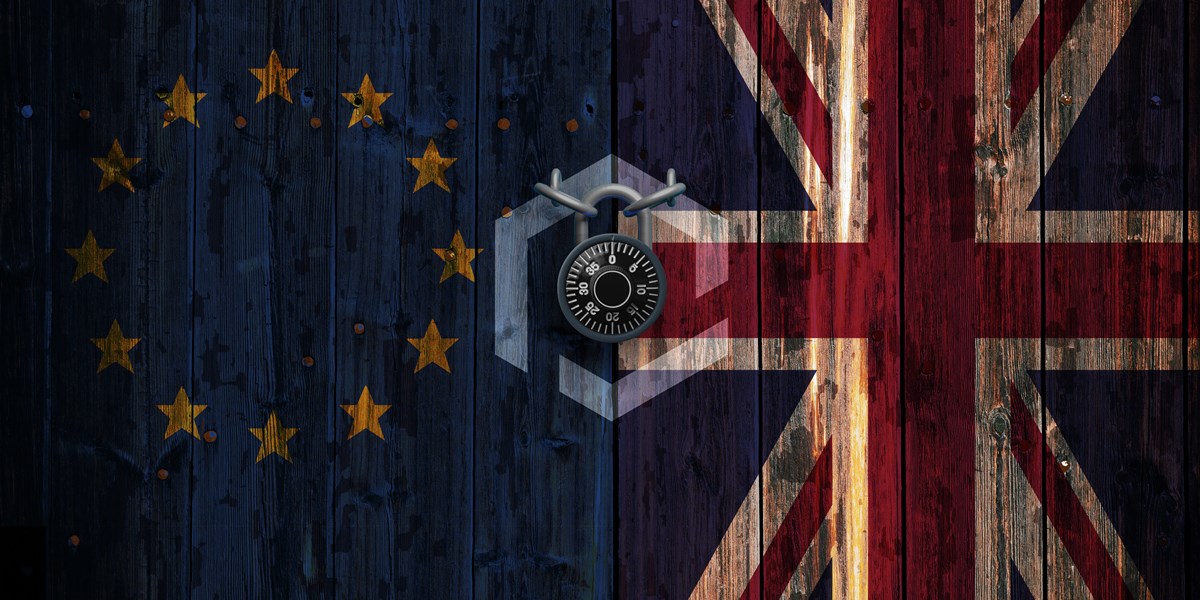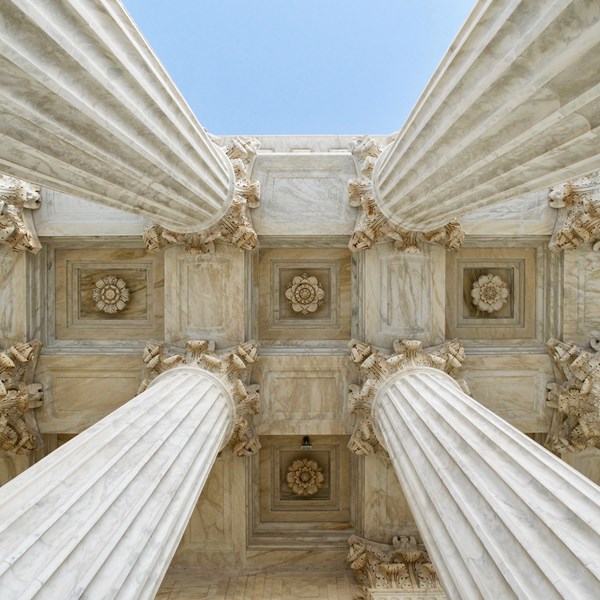The Duchess of Sussex has succeeded in her two-year High Court battle against Associated Newspapers Limited. This high-profile decision concerned the publications in the Mail on Sunday and MailOnline of extracts of a “personal and private” handwritten letter to the estranged father of the Duchess following her wedding to Prince Harry.
The Judge, Mr Justice Warby (Warby J) (who was promoted to the Court of Appeal last year), granted summary judgment with respect to the breach of privacy and copyright infringement claims issued by the Duchess in 2019, dismissing the defences raised. This article focuses on the privacy claim and the guidance provided by Warby J as to the applicable legal principles in the context of press reporting.
BACKGROUND AND ARGUMENTS
The Newspaper argued that the contents of the letter were neither private nor confidential, and that the Duchess could have no reasonable expectation of privacy in respect of it. The Newspaper also claimed that any privacy interest belonging to the Duchess was insignificant and was outweighed by the interests of her father and the general public. This argument centred on her father’s wish to correct some inaccuracies about the letter contained in a 2019 article in People magazine that had featured an interview with friends of the Duchess.
Furthermore, the Newspaper asserted that the Duchess had intended the letter to be disclosed in a ‘favourable way,’ having previously disclosed it to five friends (whose comments on the letter and her father’s response were included in the People magazine article) as well as the authors of the Duke and Duchess of Sussex’s 2020 biography.
The Duchess applied to the court to strike out the defences with respect to misuse of private information, and/or obtain a summary judgment on that claim (and the claim for copyright infringement). The Duchess, in essence, submitted that the Newspaper had raised no arguments in its defence that could possibly succeed at trial.
DECISION
Warby J summarised the two-stage test applied to determine the rights under domestic law which derive from Articles 8 (Right to Privacy) and Article 10 (Freedom of Expression) of the European Convention of Human Rights (the ‘ECHR’):
- Whether the Duchess enjoyed a reasonable expectation of privacy in the information in question - in other words, whether a reasonable person, placed in the same position as the Duchess, experiencing the same level of publicity, would take substantial offence to this disclosure; and
- Whether, taking into account the factual context, the privacy rights of the Duchess must be set aside to give precedence to the freedom of expression enjoyed by publishers and their readers.
Warby J also had regard to the Editors’ Code of Practice implemented by the Independent Press Standards Organisation, to which the Newspaper is bound. In particular, Clause 3 of the Code replicates Article 8 of the ECHR in stipulating that editors must demonstrate how they reasonably believed that the publication would serve, and be proportionate to, the public interest.
In the present case, Warby J found that, whilst due consideration must be given to the public profile of the Duchess, this should not supersede her privacy interests in the letter. Warby J referred to the principle established by the European Court of Human Rights that: “Articles aimed solely at satisfying the curiosity of a particular readership regarding the details of a person’s private life, however wellknown that person might be, cannot be deemed to contribute to any debate of general interest in society”.
Warby J acknowledged that disclosure of otherwise private and confidential information might be justified if the Duchess had herself deceived the general public, and the disclosure was necessary for, and proportionate to, rectifying her inaccuracies. It was considered that the Newspaper’s reproduction of only a small section of the letter (comprising just 25 words) would have been proportionate to refute a false suggestion made in the People magazine article (in short, that the letter represented an “olive branch” from the Duchess to her father). This did not, however, justify the disclosure of the remainder of the letter.
With respect to the claims regarding the intention of the Duchess to disclose some of the contents of the letter, Warby J made clear that under the tort of misuse of private information, deriving from breach of confidence, an intention to publish is not deemed inconsistent with upholding a right of confidentiality until the intended publication occurs.
It was concluded, overall, that the Newspaper had interfered with the reasonable expectation of the Duchess that the contents of the letter would remain private and that “the interference with freedom of expression which those conclusions represent is a necessary and proportionate means of pursuing the legitimate aim of protecting the Claimant’s privacy”.






